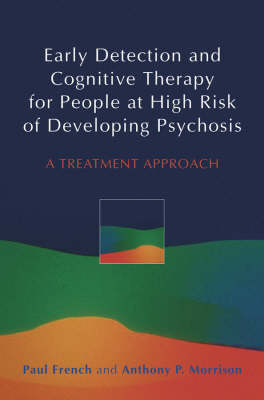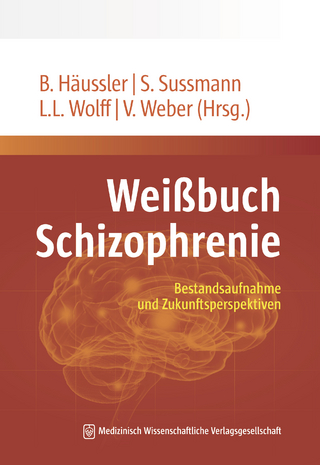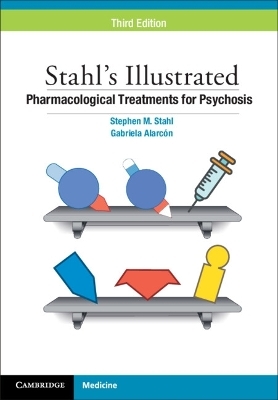
Early Detection and Cognitive Therapy for People at High Risk of Developing Psychosis
John Wiley & Sons Inc (Verlag)
978-0-470-86315-2 (ISBN)
Paul French is co-ordinator of a specialist clinical team based at Bolton, Salford & Trafford Mental Health Trust offering cognitive interventions for people who are considered at high risk of developing psychosis. He has worked in mental health since 1989 and has always been interested in the provision of services for people with psychosis having worked in a variety of inpatient and community settings. More recently, he has developed a research interest in working with people at high risk of developing psychosis.Hehas published a number of articles relating to early psychosis and particularly the provision of psychological interventions in early psychosis. Anthony P. Morrison is a reader in psychology at the University of Manchester and is also programme co-ordinator for a specialist programme of care for people with early psychosis in Bolton, Salford & Trafford Mental Health Trust. He has published a number of articles on cognitive therapy for psychosis and experimental studies of cognitive processes in psychosis. He has been involved in a number of treatment trials for cognitive therapy for psychosis and has a special interest in the cognitive theory of and therapy for hearing voices. More recently, he has developed a research interest in working with people at high risk of developing psychosis and the links between trauma and psychosis. He was awarded the May Davidson Award 2002 for his contributions to clinical psychology.
List of Figures and Appendices vii
About the Authors ix
Foreword by Max Birchwood xi
Introduction xiii
Acknowledgements xvii
Part I: Background 1
1 The Importance of Early Recognition 3
2 How to Identify At-Risk Groups 9
3 Which Prevention Strategy to Adopt 23
Part II: Cognitive Therapy for Prevention of Psychosis 27
4 Why Cognitive Therapy? 29
5 Engagement 37
6 Theory, Assessment and Formulation 45
Part III: Change Strategies 55
7 Normalisation 57
8 Generating and Evaluating Alternative Explanations 65
9 Safety Behaviours 75
10 Metacognitive Beliefs 87
11 ‘I Am Different’ and Other Core Beliefs 93
12 Social Isolation 101
13 Relapse Prevention 111
14 Conclusions 117
Appendices 121
References 135
Index 143
| Erscheint lt. Verlag | 10.2.2004 |
|---|---|
| Verlagsort | New York |
| Sprache | englisch |
| Maße | 153 x 232 mm |
| Gewicht | 255 g |
| Themenwelt | Geisteswissenschaften ► Psychologie ► Psychosen |
| Medizin / Pharmazie ► Medizinische Fachgebiete ► Psychiatrie / Psychotherapie | |
| ISBN-10 | 0-470-86315-3 / 0470863153 |
| ISBN-13 | 978-0-470-86315-2 / 9780470863152 |
| Zustand | Neuware |
| Haben Sie eine Frage zum Produkt? |
aus dem Bereich


